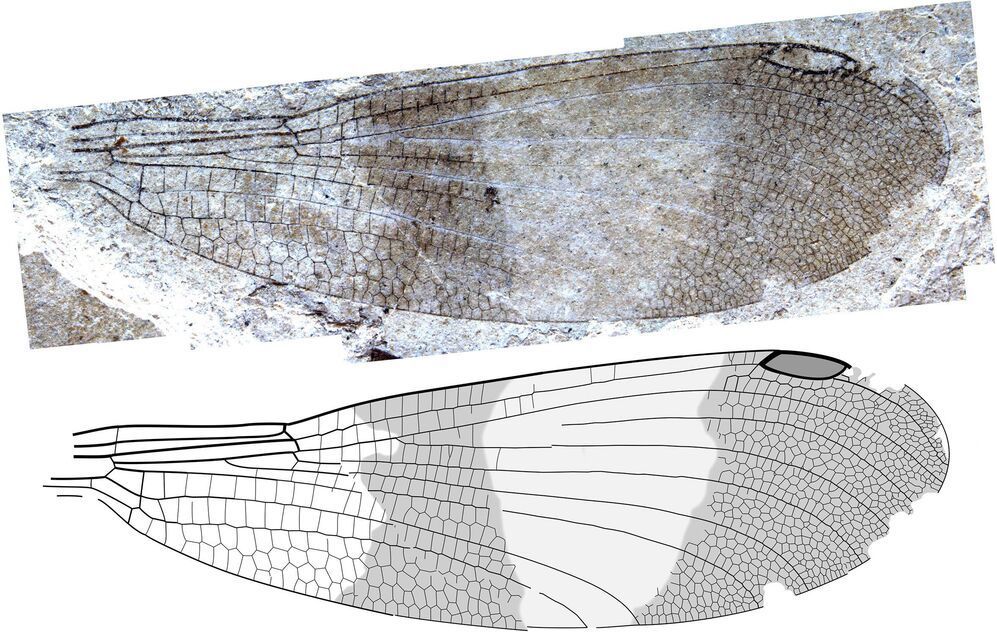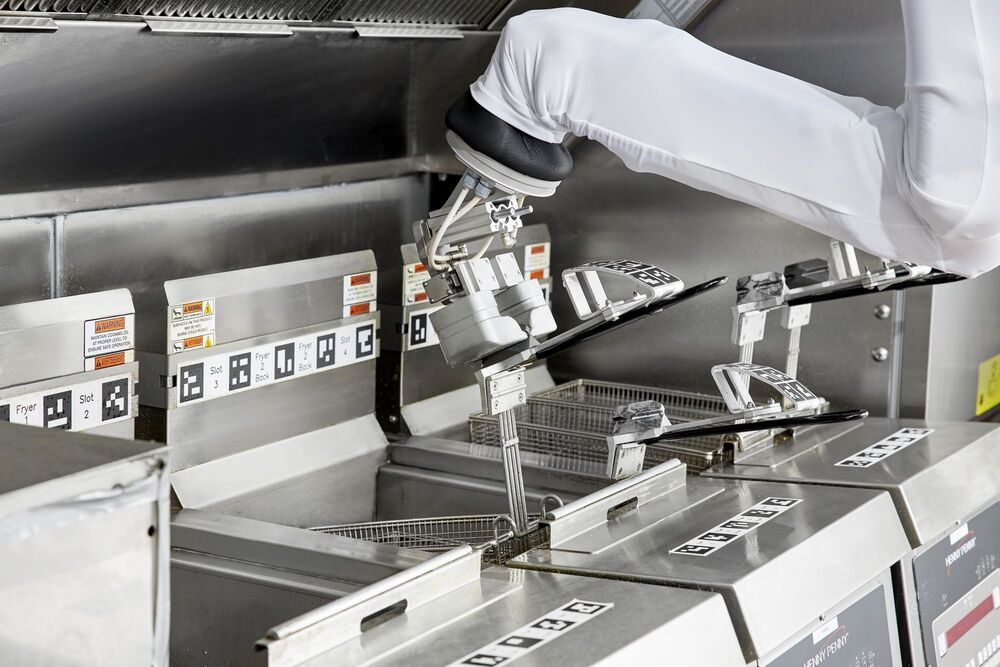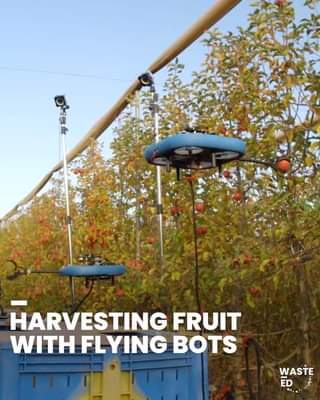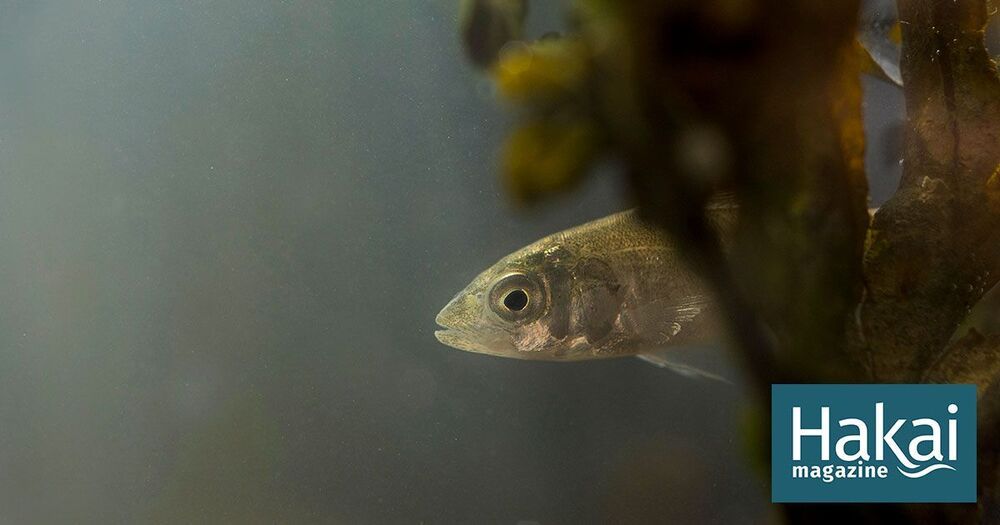Advocates contend central bank digital currencies can make cross-border transactions easier, promote financial inclusion and provide payment system stability. There are also privacy and surveillance risks with government-issued digital currencies. And in times of economic uncertainty, people may be more likely to pull their funds from commercial banks, accelerating a bank run.
Intense interest in cryptocurrencies and the Covid-19 pandemic have sparked debate among central banks on whether they should issue digital currencies of their own.
China has been in the lead in developing its own digital currency. It’s been working on the initiative since 2014. Chinese central bank officials have already conducted massive trials in major cities including Shenzhen, Chengdu and Hangzhou.
“China’s experiment is very large scale,” said J. Christopher Giancarlo, former chairman of the U.S. Commodity Futures Trading Commission. “When the world arrives in Beijing next winter for the Winter Olympics, they are going to be using the new digital renminbi to shop and to stay in hotels and to buy meals in restaurants. The world is going to see a functioning [central bank digital currency] very soon, within the coming year.”





